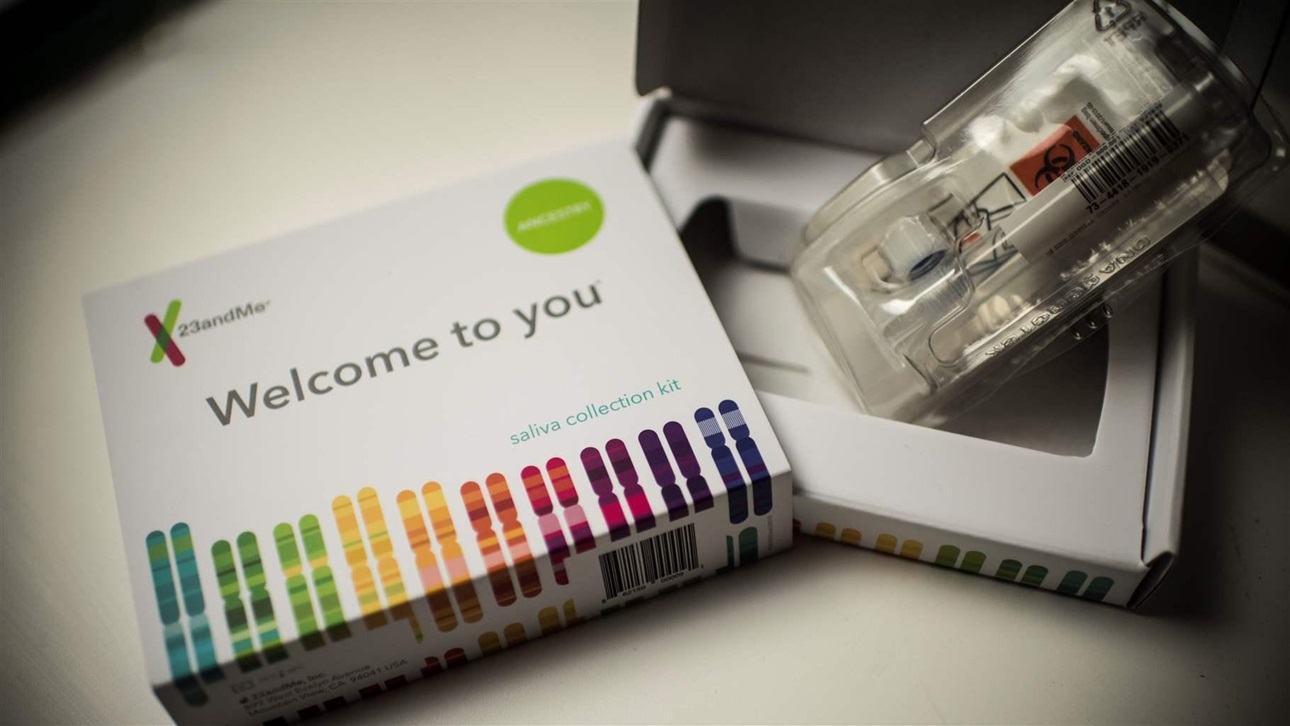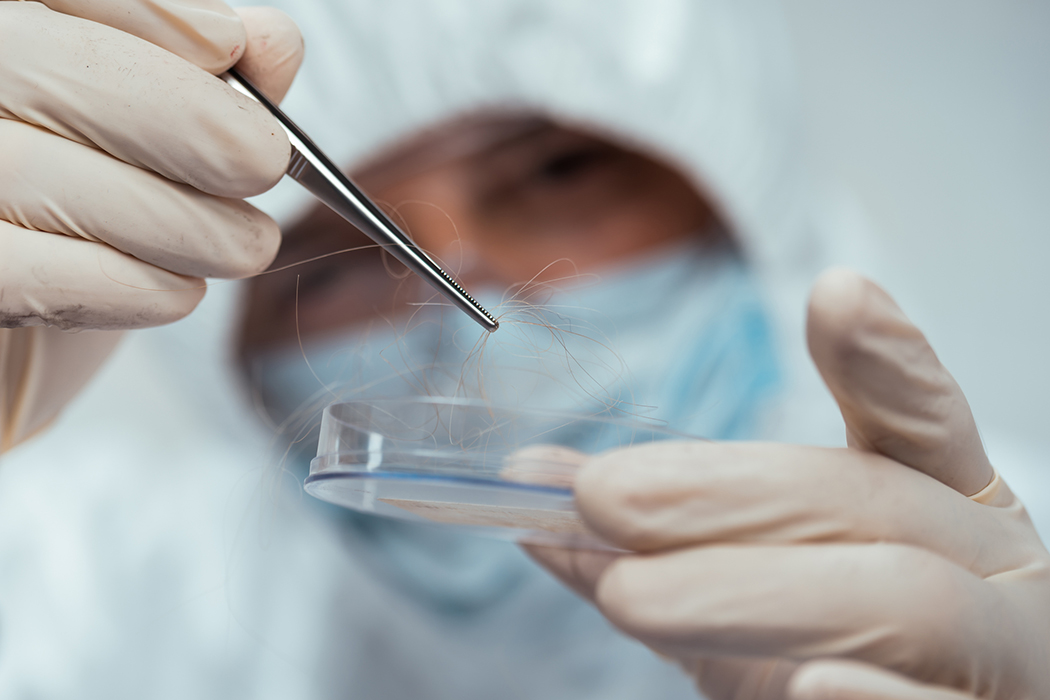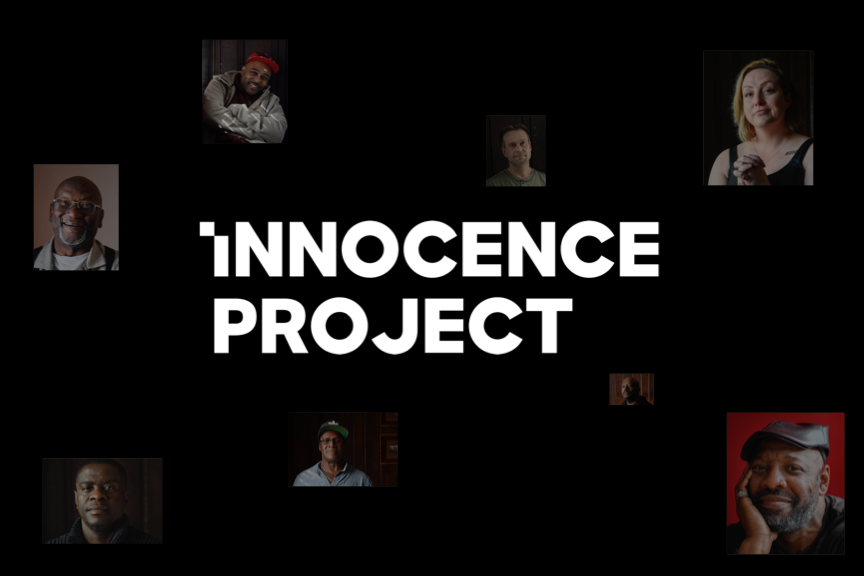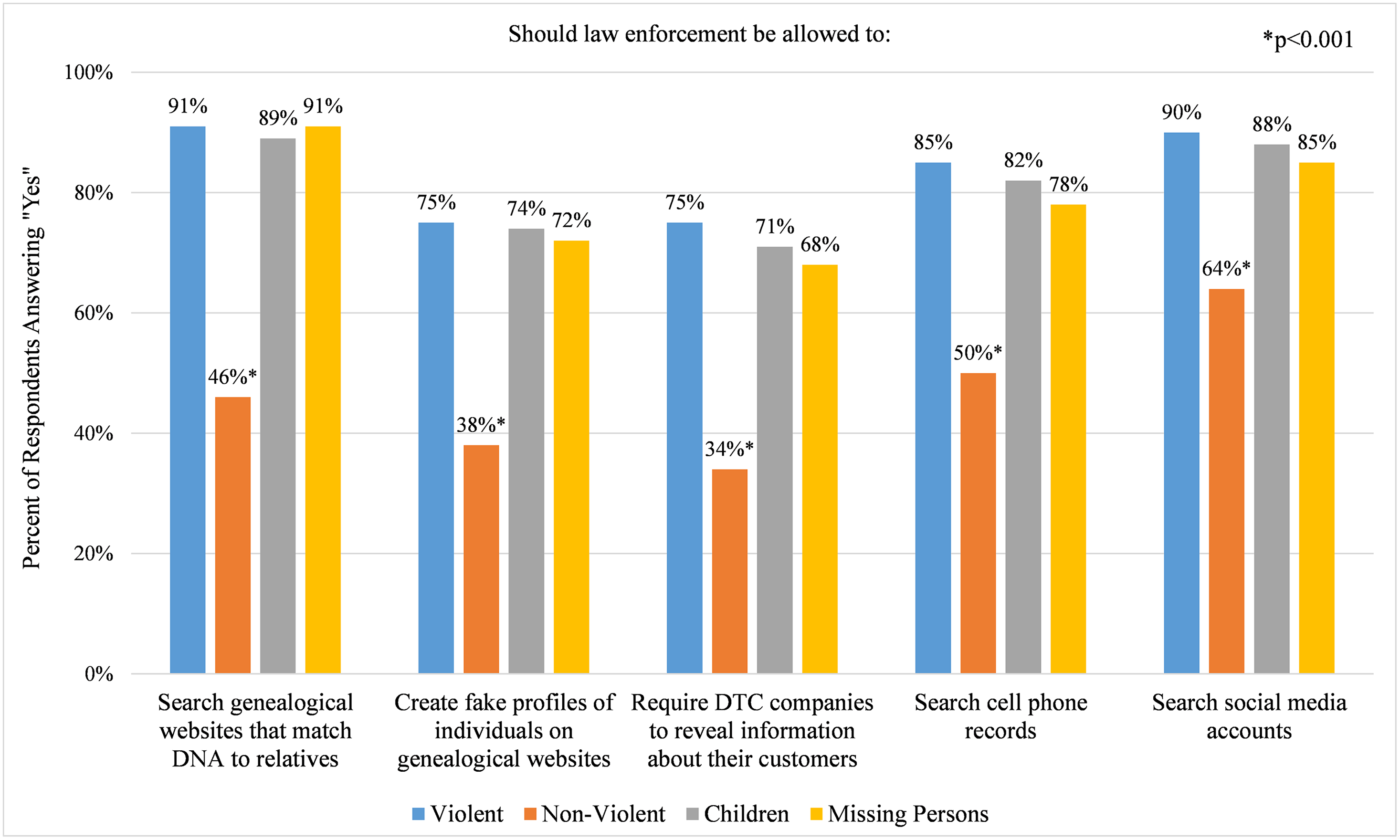Ethical Debate
While DNA databases can be incredibly useful for finding those who commit crimes and exonerating those who did not, many are worried about the loss of digital privacy that comes with giving the police access to genetic information. When individuals submit their DNA to private companies such as 23andMe to discover their ancestry, most people do not consider that their DNA could later be accessed by law enforcement agencies. Even if an individual's DNA has never been collected, they can still be identified from the DNA of their relatives.


Solving Cold Cases
DNA profiling techniques are an extremely useful tool for identifying suspect based on DNA left at the scene of a crime. The ability to find a culprit whose DNA has never been collected through identifying familial DNA matches has been used to solve many cold cases in just the past few years. Federal and local police departments have been using these techniques, along with DNA databases, in order to solve crimes in extreme cases like murder or rape. Going forward, as forensic genealogy becomes more common, and as an increasing number of people have their DNA collected and stored, it will become much harder to avoid being identified through familial DNA matches.
Overturning Wrongful Convictions
The United States has the highest incarceration rate in the world, and recent studies have determined that between 3% and 6% of our prisoners are serving sentences for crimes they did not commit. In certain cases, DNA can be a powerful tool to overturn wrongful convictions and free innocent people who the system has failed. Organizations such as The Innocence Project have begun to use DNA profiling techniques to exonerate some of these individuals.


Loss of Privacy
Consumer genetic testing has become very popular in the last decade as a way to learn more about your genetic ancestry. However, most customers don't realize that by submitting their DNA to private companies such as 23andMe, their DNA could later be accessed by federal or local law enforcement agencies as a part of a criminal investigation. While most of these consumer DNA companies do not actively work with the police, they often have no choice when presented with a court order to hand over the DNA information of their customers. Additionally, many consumers voluntarily upload their own DNA information to public websites where anyone can search for matches against their DNA. While some people may be comfortable with this, an individual's DNA can be used to identify any of their relatives, who may not be as willing.
Errors in DNA Analysis
While DNA evidence is often used as definitive proof of innocence or guilt, however, DNA has also been used to convict innocence people, due to negligence or incompetence. In the late 90s, Josiah Sutton was convicted of sexual assault based on incorrect analysis of DNA evidence at the scene of a crime, which should have proven his innocence. He served 4 years in prison before he was exonerated after the DNA evidence was reanalyzed. Since DNA began to be used in police investigations, there have been many cases simlar to Josiah's. When DNA is procraimed to be a infallible investigative tool, any errors or complexities in DNA analysis are often overlooked. In reality, DNA forensics is not an exact science. In a 2011 study, researchers found that when 17 forensic scientists where given the exact same DNA mixtures, their interpretations and conclusions from the data differed greatly.

Josiah Sutton after being released from prison

Should police have access to genetic genealogy databases?
Public Opinion and Laws
Most people believe that law enforcement should be allowed to access DNA databases of private companies in cases of violent crimes, however, opinions are more split on non-violent cases. For this reason, many states have passed laws to limit when police departments are allowed to access DNA databases of private companies and when they can use DNA profiling. Recently, Maryland passed a law requiring a judge to sign off before the police are allowed to use genealogical websites to find potential familial DNA matches and Montana passed a law requiring the police to obtain a search warrant before using consumer DNA databases. New York, California, Washington, Utah, and others are also in various stages of implementing similar laws. However, most states are making it easier for police agencies to use these techniques and actively employing them in many cases.
Sources
- https://journals.plos.org/plosbiology/article?id=10.1371%2Fjournal.pbio.2006906
- https://www.pewtrusts.org/en/research-and-analysis/blogs/stateline/2020/02/20/dna-databases-are-boon-to-police-but-menace-to-privacy-critics-say
- https://www.statnews.com/2018/10/11/genetic-databases-privacy/
- https://blog.petrieflom.law.harvard.edu/2019/01/14/ethical-concerns-of-dna-databases-used-for-crime-control/
- https://www.theatlantic.com/magazine/archive/2016/06/a-reasonable-doubt/480747/
- https://www.nytimes.com/2021/05/31/science/dna-police-laws.html
- https://wvinnocenceproject.law.wvu.edu/innocence-project-blog/our-voices/2020/10/02/wrongful-convictions-the-facts